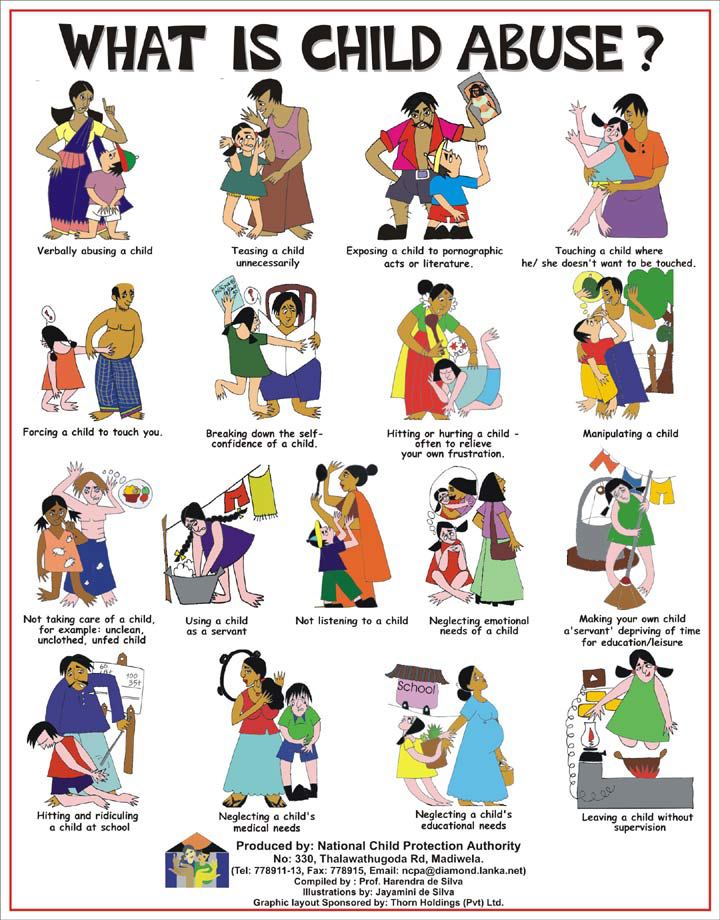New York, N.Y. Orphans International Worldwide has operated in the Dominican Republic, El Salvador, Haiti, India, Indonesia and Tanzania – countries that diverge culturally. We have one global rule – that children may not be physically punished. But, after that, we are open to local custom.
What are the custom for raising children in these different countries? What constitutes good parenting or child abuse?

Dominican Republic
Customs for Raising Children:
- Family-Centered Approach: The extended family plays a significant role in child-rearing. Grandparents, aunts, uncles, and cousins are actively involved.
- Respect for Elders: Children are taught to respect and obey their elders. Politeness and good manners are highly valued.
- Education and Discipline: Education is emphasized, and children are expected to excel in school. Discipline can be strict but varies widely among families.
Good Parenting:
- Providing a supportive and nurturing environment.
- Ensuring children receive a good education.
- Encouraging respect for family and community values.
Child Abuse:
- Physical punishment is not uncommon but is increasingly viewed as unacceptable.
- Neglecting a child’s basic needs (food, shelter, education) is considered abuse.
- Emotional abuse, such as constant criticism or humiliation, is also recognized as harmful.
El Salvador
Customs for Raising Children:
- Collective Upbringing: Similar to the Dominican Republic, the extended family is deeply involved in raising children.
- Religious Influence: Catholicism influences many aspects of child-rearing, including moral and ethical teachings.
- Respect and Responsibility: Children are taught to respect authority and take on responsibilities at a young age.
Good Parenting:
- Providing love, support, and guidance.
- Emphasizing the importance of education and moral values.
- Involving children in family duties and decision-making processes.
Child Abuse:
- Physical punishment is still practiced but is increasingly discouraged.
- Severe corporal punishment, neglect, and emotional abuse are considered child abuse.
- Exploiting children for labor or exposing them to violence is also recognized as abusive.
Haiti
Customs for Raising Children:
- Community Involvement: Child-rearing is often a communal effort, with neighbors and extended family members playing key roles.
- Respect for Tradition: Cultural and traditional values are deeply ingrained, and children are taught to respect these from an early age.
- Religious Upbringing: Voodoo and Christianity influence child-rearing practices.
Good Parenting:
- Ensuring children are well-fed, educated, and cared for.
- Teaching children to respect cultural and religious traditions.
- Providing a stable and supportive environment.
Child Abuse:
- Physical punishment is still common but is slowly being challenged.
- Neglect, severe corporal punishment, and emotional abuse are recognized as harmful.
- Exploitation, including restavek (child domestic servitude), is a significant issue and considered abuse.
India
Customs for Raising Children:
- Joint Family System: Many children grow up in joint families where grandparents, aunts, and uncles are actively involved in their upbringing.
- Respect for Elders: Obedience and respect towards elders are fundamental.
- Academic Focus: High importance is placed on education and academic achievement.
Good Parenting:
- Providing a nurturing and supportive environment.
- Emphasizing the importance of education and moral values.
- Encouraging respect for family traditions and cultural norms.
Child Abuse:
- Physical punishment is still practiced but is increasingly seen as harmful.
- Neglecting a child’s basic needs, severe corporal punishment, and emotional abuse are recognized as abuse.
- Child labor and exploitation are significant issues and considered abusive.
Indonesia
Customs for Raising Children:
- Extended Family Role: The extended family is integral to child-rearing.
- Religious Influence: Islam significantly influences parenting practices, with an emphasis on religious education and moral upbringing.
- Community Values: Children are taught to value community harmony and respect for others.
Good Parenting:
- Providing a loving and supportive home.
- Ensuring children receive a good education and religious instruction.
- Teaching children to respect family and community values.
Child Abuse:
- Physical punishment is still common but is increasingly discouraged.
- Severe corporal punishment, neglect, and emotional abuse are considered child abuse.
- Exploitation, including child labor, is recognized as abusive.
Tanzania
Customs for Raising Children:
- Community-Based Upbringing: The community and extended family play crucial roles in raising children.
- Cultural Traditions: Children are taught to respect and follow cultural traditions and practices.
- Respect for Elders: Obedience and respect towards elders are emphasized.
Good Parenting:
- Providing a supportive and nurturing environment.
- Ensuring children receive an education.
- Teaching children to respect cultural traditions and community values.
Child Abuse:
- Physical punishment is still practiced but is increasingly viewed as harmful.
- Neglect, severe corporal punishment, and emotional abuse are recognized as abusive.
- Exploitation, including child labor, is a significant issue and considered abuse.
Conclusion
Commonalities include extended family and even neighborhood involvement in child-rearing, respect for elders, and an emphasis on education. Religion plays a role, whether Catholic or Protestant, Voodoo, Islam or Buddhism.
While physical punishment is not uncommon it is increasingly viewed as unacceptable around the world. Neglecting a child’s basic needs is considered abusive, and emotional abuse is starting to be recognized in each country. Finally, servitude and/or child labor is looked down upon.
Global Perceptions on Good Parenting to Child Abuse (June 21, 2023)